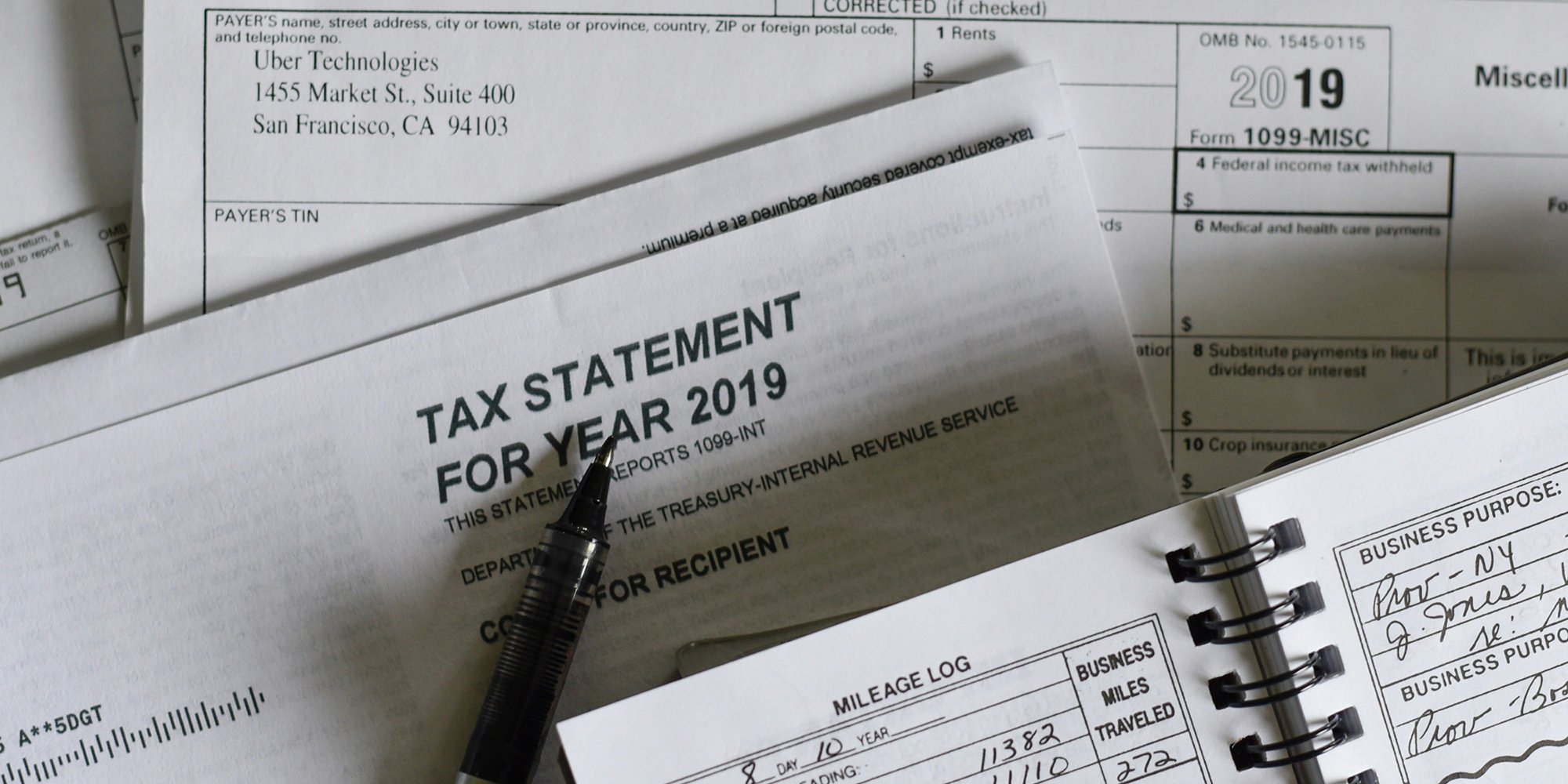Myth #1: Status Indians Exempt From Federal or Provincial Taxes
In my workshops, I frequently hear statements about unfair advantages and benefits that are available to Aboriginal People in Canada but not to...

It’s tax time and that means tax pain, as the television commercials say. Tax time is also the time of year that one hears the common myth that Aboriginal people do not pay taxes. The topic of taxes can raise peoples’ blood pressure at the best of times so we thought it timely to provide some basic information on taxes and exemptions.
Status Indians are subject to the same tax rules as other Canadian residents unless their income is eligible for the tax exemption under section 87 of the Indian Act, which states “personal property of an Indian or a band situated on a reserve” is tax exempt. “Personal property” includes goods, services and income. Employment income earned by a Status Indian through employment on a reserve is tax-exempt - income earned off-reserve is not tax-exempt; non-Status Indians are not eligible for this tax exemption.
The purpose of this exemption is to preserve the entitlements of Indians to their reserve lands and to ensure that the use of their property on their reserve lands is not eroded by taxes. From the Canada Revenue Agency website:
- A tax exemption for Indian property situated on reserves has existed since before Confederation.
- The Supreme Court of Canada has stated that this exemption is linked to the protection of reserve land and property.
- The Court has concluded that the purpose of the exemption is to make sure tax does not erode the use of Indian property on reserves.
- The Court has indicated that this tax exemption is not intended to remedy the economically disadvantaged position of Aboriginal people in Canada or bring economic benefits to them.
Also, based on Supreme Court decisions, Indian property not situated on a reserve will generally be subject to tax just like property held by other Canadians.
So, what are the exemptions?
Under section 35 of the Constitution Act, Inuit, Metis and non-Status Indians are not eligible for the Indian tax exemption on income earned.
We hope this article provides some useful information on the topic of tax exemptions. Be sure to check out our other article on the myth about taxes here too.
Although we talk about taxes in this article, we are not tax experts or even accountants, and if you do have specific questions about Indian taxation you should find a qualified accountant who is familiar with Indian taxation. I also recommend you contact the Canada Revenue Agency for specific questions about taxation.
For those looking to learn more about Indigenous culture, history and the Indian Act, our Working Effectively with Indigenous Peoples® training is a great place to start your learning journey.
Featured photo: Unsplash

In my workshops, I frequently hear statements about unfair advantages and benefits that are available to Aboriginal People in Canada but not to...

Every year when the calendar rolls over to tax time the old refrain “Indians* don’t pay taxes” is trotted out by Canadians who truly believe the...

The myth that Indigenous People do not pay taxes is one of the more enduring misconceptions regarding how easy Indigenous People have it and...